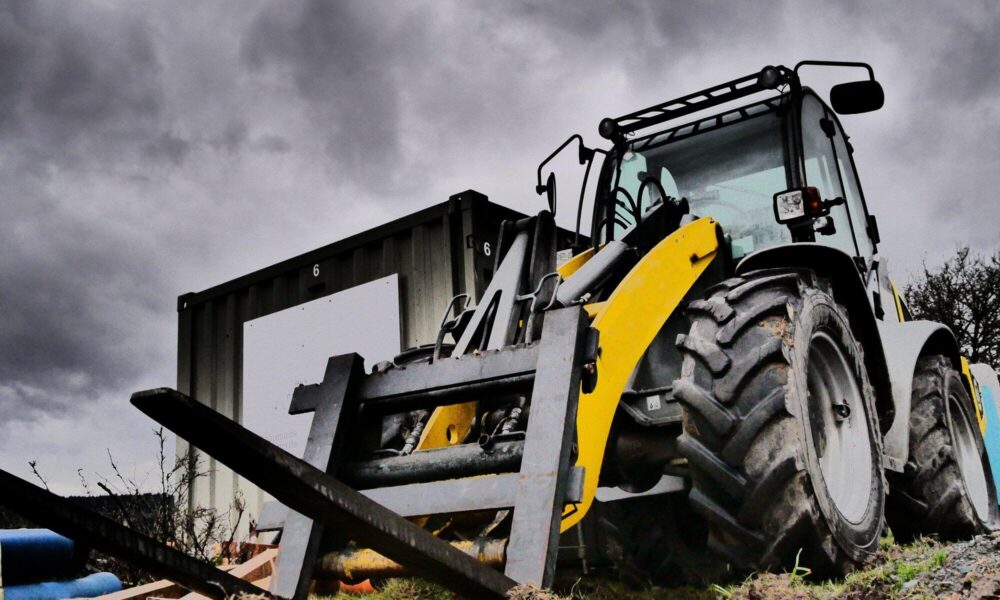Material handling is super important in warehouses and industrial places. It ensures goods are moved efficiently, safely, and quickly. One of the key tools for this job is the forklift. Forklifts come in different types, each with special features to handle various needs.
They help lift, move, and place heavy loads with ease. In this article, we’ll look at five different types of forklifts and how they help with different material-handling tasks. By understanding the roles of these forklifts, we can see why they are so essential for smooth operations in any warehouse or industrial setup.
Counterbalance Forklifts for Heavy Lifting
Counterbalance forklifts are very common in warehouses and industrial sites. These forklifts weigh the back to balance the load in the front. This makes them good for moving heavy items. Their simple design and easy maneuverability help operators move:
- pallets
- crates
- other bulky things
Counterbalance forklifts are available in electric, diesel, and gas versions. This is because they can be used in different places, from indoor warehouses to outdoor construction sites.
Reach Forklifts for High-Rack Storage
As vertical storage becomes more common to save space, reach forklifts have become popular. These forklifts are designed to extend their forks outward. It is “reaching” into racks to lift loads at high heights. They are essential in places with high-racking systems.
This includes retail warehouses and logistics centers. The ability to move through narrow aisles and lift goods to high positions makes reach forklifts very useful for optimizing vertical storage.
Make sure to check out the Moffett Truck the top-of-the-line industrial forklifts ready to tackle any task you throw at them.
Pallet Jacks for Low-Level Transport
While not as strong as bigger machines, pallet jacks are important for small material handling tasks. These small, manual, or electric devices are made to lift and move pallets in tight spaces.
This is perfect for short distances and easy lifting jobs. Pallet jacks are often used in:
- grocery stores
- small warehouses
- retail shops
They are easy to use and need little maintenance. This makes them a budget-friendly option for light material handling.
Rough Terrain Forklifts for Uneven Surfaces
On construction sites, farms, and other outdoor areas with rough or uneven ground, rough-terrain forklifts are used. They have big, strong tires and extra stability features. This allows them to move over tough landscapes that regular forklifts can’t handle.
With their high ground clearance and sturdy build, they can carry heavy loads across :
- rocky
- muddy
- uneven surfaces
These forklifts are essential for moving materials in challenging outdoor conditions.
Order Pickers for Efficient Inventory Management
Order pickers are special forklifts designed to pick individual items from high racks. They are ideal for busy places like e-commerce distribution centers. Unlike regular forklifts that lift whole pallets, order pickers allow operators to go up and grab items directly from shelves.
This speeds up:
- picking
- improves accuracy
- helps process orders faster
- reduces labor costs
Their ergonomic design also keeps operators comfortable and safe during repeated tasks.
How Different Types of Forklifts Meet Diverse Material Handling Needs
Forklifts are indispensable tools in the realm of material handling, offering tailored solutions to a wide array of challenges. From heavy lifting and high-rack storage to low-level transport and navigating rough terrains, different types of forklifts are designed to meet the specific needs of varied environments.
Investing in the appropriate forklift for your specific material handling needs can significantly enhance productivity and provide long-term benefits to your operation.
Did you find this article helpful? Check out the rest of our blogs!
